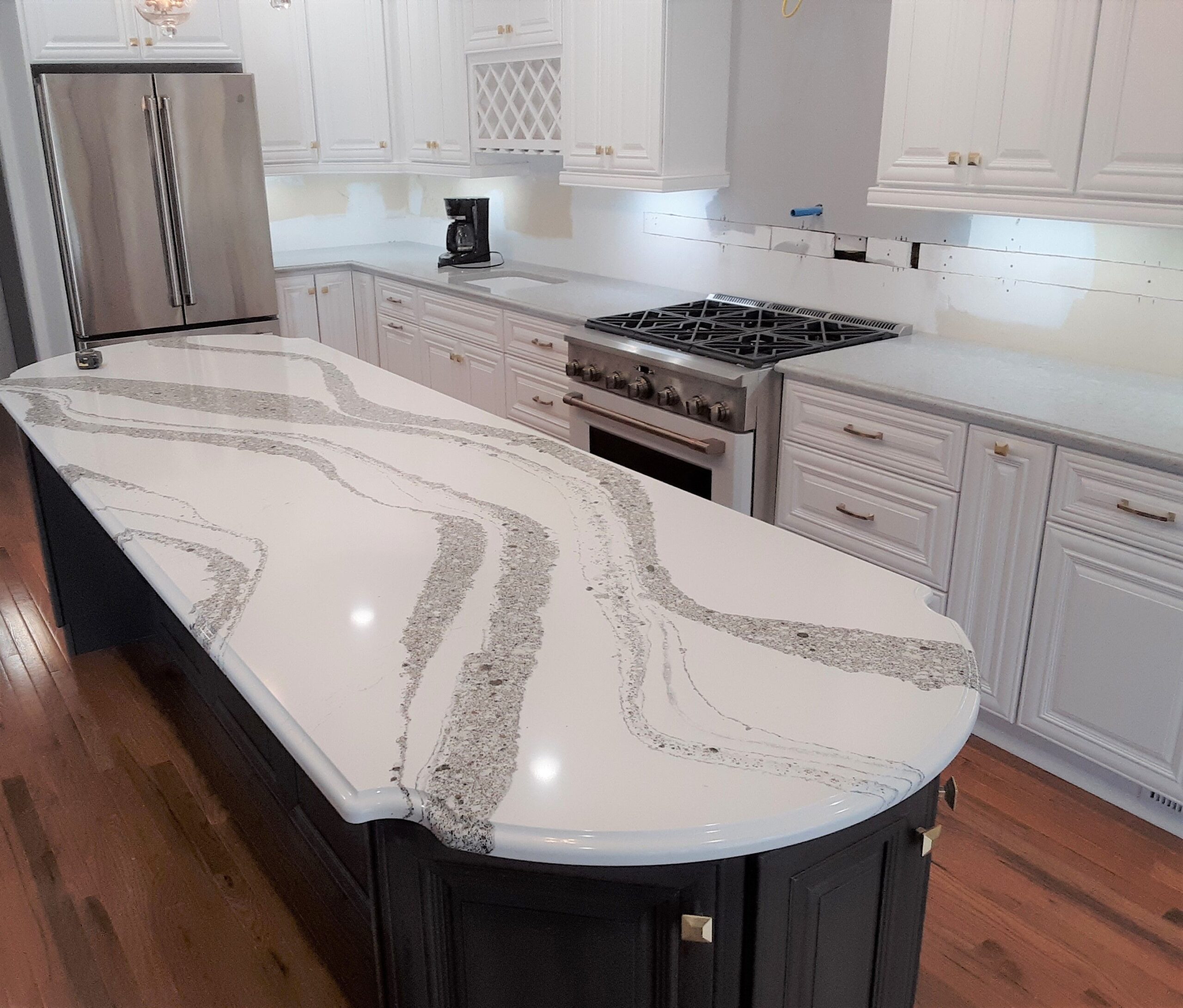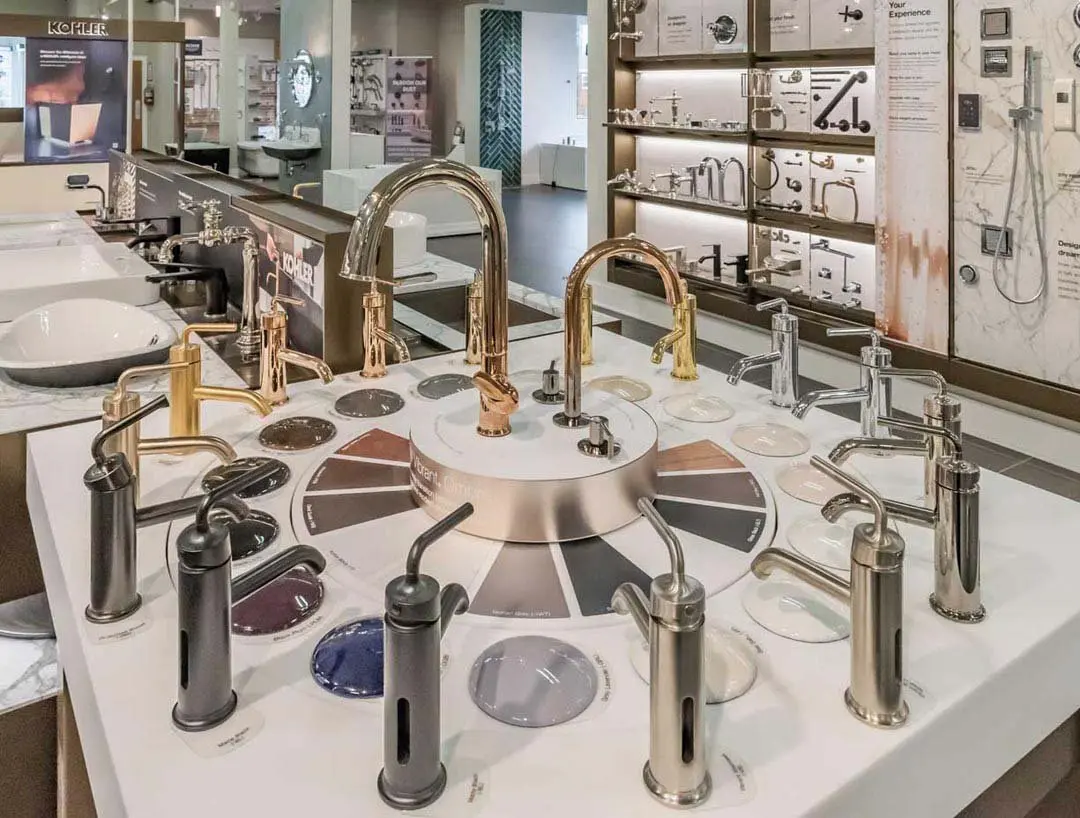Quartz countertops are a popular choice in modern kitchens and bathrooms due to their stunning appearance, durability, and low maintenance needs. While quartz surfaces are known for their natural sheen and resistance to stains and scratches, over time they may lose their luster due to daily wear and tear. That’s where polishing comes in.
In this detailed guide, you’ll learn how to polish quartz countertops, what products are safe to use, common mistakes to avoid, and whether you truly need to polish quartz in the first place.
Do You Need to Polish Quartz Countertops?
The short answer is: not usually.
Unlike natural stones like granite or marble, quartz is an engineered surface composed of 90–95% natural quartz combined with resins and polymers. These resins give quartz its inherent shine, which doesn’t require regular polishing or sealing.
However, if your quartz countertop appears dull, it’s usually due to:
- Built-up grime or residue
- Micro-abrasions from abrasive cleaners
- Hard water stains or soap scum
- Frequent use of the wrong cleaning products
In these cases, restoring the shine doesn’t involve grinding or resurfacing but rather a deep clean and polish using safe, quartz-friendly products.
Cleaning and Polishing Quartz Countertops: Step-by-Step
To bring back the original sparkle of your quartz surface, follow this complete step-by-step process.
Step 1: Clear the Countertop
Before starting, remove all items like appliances, decor, and utensils from the countertop to get an unobstructed surface.
Step 2: Initial Cleaning with Warm Soapy Water
Warm soapy water is your first line of defense for cleaning quartz.
- Mix a few drops of mild dish soap with warm water.
- Use a soft microfiber cloth or non-abrasive sponge.
- Wipe down the entire surface to remove crumbs, oils, and residues.
- Rinse with clean water and dry with a microfiber towel.
This step alone can revive the appearance of dull quartz.
Alternative Cleaning Solutions for Stubborn Stains
If soap and water aren’t enough, try these safe alternatives:
1. Glass or Window Cleaner
Window cleaners are effective for removing greasy film or smudges on quartz countertops. They break down oils without harming the resin.
- Spray a small amount directly on the surface.
- Let it sit for 30–60 seconds.
- Wipe away with a clean microfiber cloth.
Note: Use ammonia-free versions to avoid degrading the resin.
2. Vinegar and Water (Use with Caution)
White vinegar can be diluted for cleaning purposes, but it must be used carefully.
- Mix equal parts white vinegar and water.
- Lightly spray the solution on the surface.
- Wipe down and rinse thoroughly with water afterward.
Caution: Prolonged exposure to acidic substances can damage the surface over time. Do not use this method regularly—only occasionally for tough grime.
3. Quartz Polishing Products
Several quartz-safe polishes on the market can enhance the shine and offer a protective layer. Look for non-abrasive, pH-balanced formulations labeled specifically for quartz.
Top-rated quartz polishes:
- Weiman Quartz Clean & Shine
- Granite Gold Quartz Brite
- Method Daily Granite Cleaner (also safe for quartz)
To apply:
- Spray a small amount on the clean surface.
- Buff using a dry microfiber cloth.
- Work in circular motions to bring out the sheen.
What to Avoid When Polishing Quartz Countertops
Maintaining quartz is easy if you avoid the following common mistakes:
1. Abrasive Pads or Scrubbers
Avoid steel wool, rough sponges, or scouring pads. These can cause micro-scratches that dull the surface.
2. Acidic or Harsh Chemical Cleaners
Cleaners containing bleach, ammonia, or strong acids (like lemon or vinegar, undiluted) can break down the resin over time and cause discoloration.
3. Polishing Compounds for Natural Stone
Polishes made for granite or marble often contain abrasives or sealants that aren’t suitable for quartz.
4. Sealers
Quartz countertops do not require sealing. Applying sealant can create a film or haze that dulls the surface rather than enhancing it.
Can Quartz Countertops Be Repolished Professionally?
In most residential situations, thoroughly cleaning and using a quartz-specific polish are all that’s needed. However, in cases where there is:
- Permanent etching
- Deep scratches
- Heat damage
A professional resurfacing service may be required. They use diamond pads and specialized polishing equipment to restore the surface to its original finish. However, this process is rarely needed unless the countertop has sustained significant damage.
Daily Maintenance Tips to Keep Quartz Shiny
Maintaining the shine of quartz countertops is more about daily habits than regular polishing. Follow these tips:
1. Wipe Spills Promptly
Even though quartz is stain-resistant, spills can leave residue. Wipe them up with a damp cloth quickly.
2. Use Cutting Boards and Trivets
Avoid placing hot pans or cutting directly on the surface. Excessive heat or knife cuts can damage the finish.
3. Clean Regularly with a pH-Balanced Cleaner
Make a habit of wiping down countertops with a quartz-safe daily cleaner or soapy water to prevent buildup.
4. Avoid Clutter
Minimizing clutter prevents scratches from sliding items across the surface and allows for easier cleaning.
Frequently Asked Questions About Polishing Quartz
Can I use baking soda to clean or polish quartz?
Yes, but only as a gentle paste for spot-cleaning. Avoid scrubbing aggressively. Rinse thoroughly.
Will polishing remove stains?
Polishing may enhance appearance but will not remove deep stains. You’ll need a proper cleaner or stain remover.
How often should I polish my quartz countertops?
Only as needed. Usually once every few months or after a deep clean, depending on usage and appearance.
Final Thoughts: Restore the Shine Without the Damage
Polishing quartz countertops doesn’t mean grinding or resealing—it’s about restoring their natural, manufactured luster through safe and consistent cleaning methods.
By following this step-by-step approach using mild cleaners, quartz-safe polishes, and microfiber cloths, you can maintain your quartz surfaces in pristine condition for years to come.
Always remember: when in doubt, go mild. The resins in quartz surfaces are durable, but using the wrong product can cause more harm than good.




